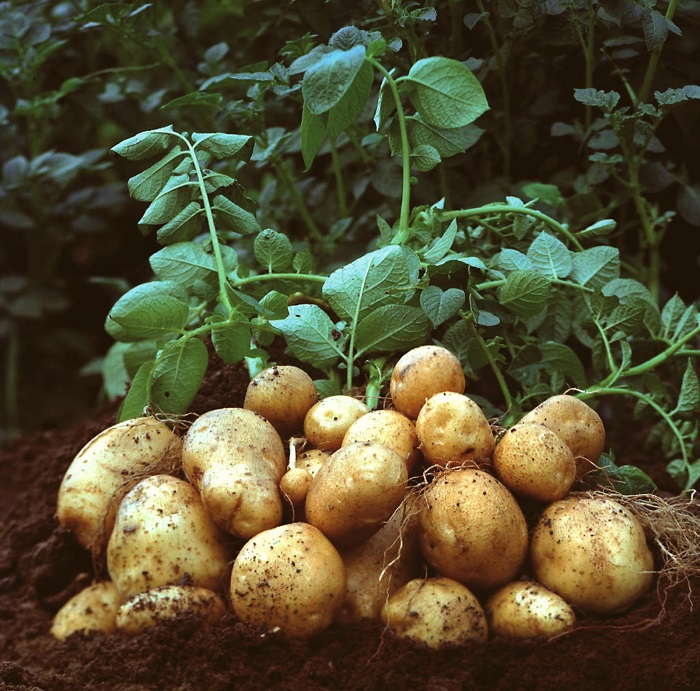The government of Kenya has launched a potato seed multiplication program in six counties to address seed shortages that occur perennially. The Agriculture CS Peter Munya said the seeds have been produced under the highest level of genetic control to ensure they are pure and accurately represent the various characteristics identified by the breeder during selection.
He added that the two-year project intends to add 2,500 metric tonnes of certified potato seeds into the national supply annually. He also explained that the output will be achieved through training of county extension staff on climate-smart potato production practices with an emphasis on revitalizing seed production and distribution.
According to media reports, approximately 60 staff from Uasin Gishu, Elgeyo-Marakwet, Bomet, Nyandarua, Nyeri and Taita-Taveta counties have been trained on the multiplication process.
The new seeds, which have been produced by plant breeders at the Kenya Agricultural and Livestock Research Organisation (Kalro), will improve farmers’ access to certified potato seeds. This, in turn, will mitigate the effect of COVID-19 on potato production.
Production challenges
Potato farmers in these counties continue to face various production challenges leading to an average production of 10 tonnes per hectare against a potential of 60 tonnes. Conversely, climate change remains a major challenge generally to agriculture, including potato production.
Yara East Africa country manager William Ngeno notes that local potato farmers face numerous challenges, especially lack of quality seeds, which eventually dips their productivity and incomes.
“Most potatoes used by processors in Kenya are imported because the local produce is of poor quality and comes with a lot of defects,” explained Ngeno. To produce high-quality tubers, according to him, farmers need good seeds, the right fertiliser and proper crop husbandry.








